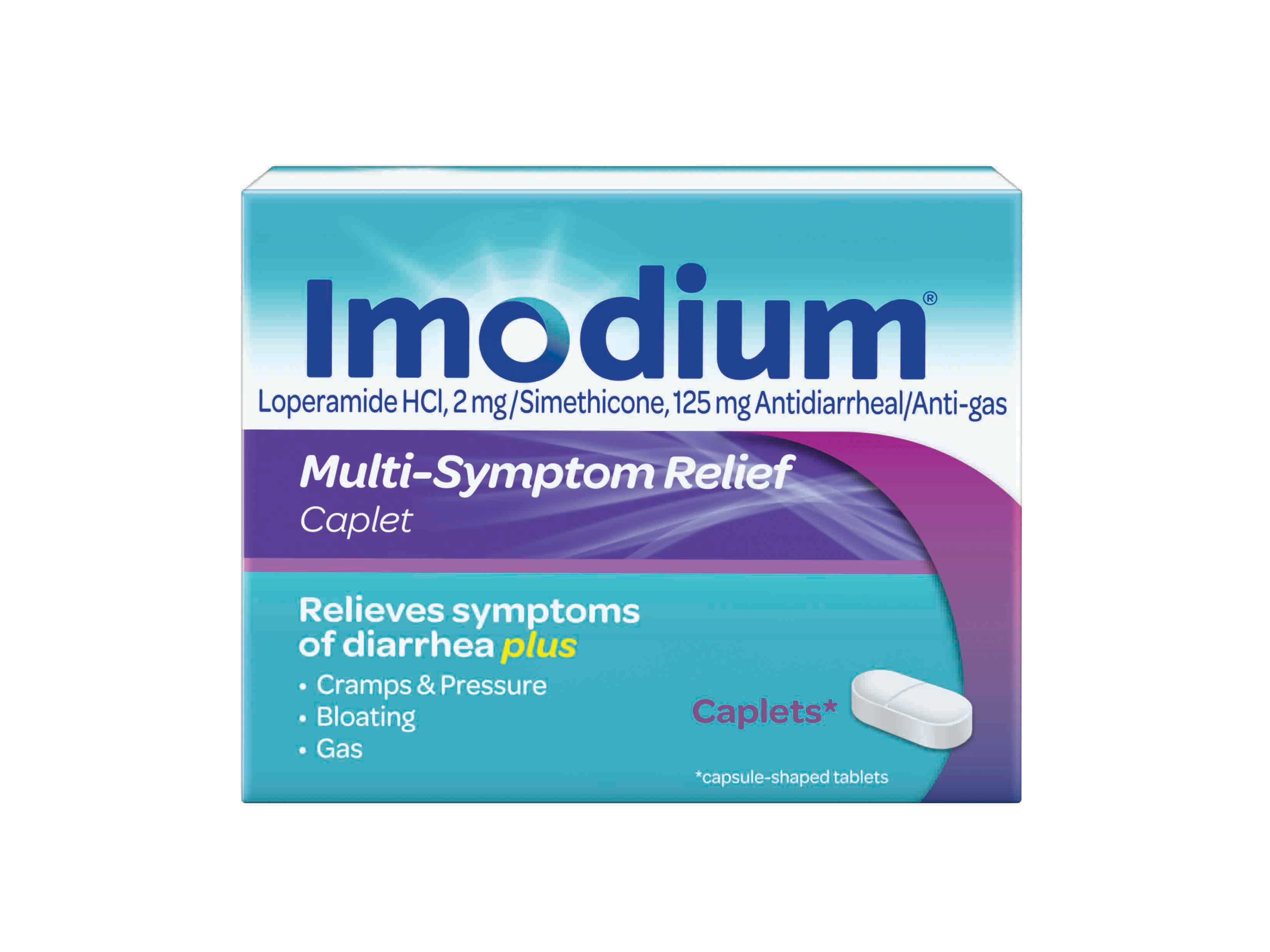Diarrhea and vomiting are very common situations in veterinary clinical practice and greatly affect dogs and cats during a period of their life. They are the response of the animal’s body in an attempt to eliminate foreign objects or toxins.
If you’re in a situation where a dog has diarrhea or a dog vomits and has no appetite, keep in mind that these symptoms are a warning that you feel unwell.You should worry, but not fear, there are some causes of diarrhea and vomiting in dogs that are simple and easy to treat, in this article of Animal Expert we will explain what remedies are for dogs that suffer diarrhoea and vomiting and how to proceed in this situation.
- Generally.
- At some point in the animal’s life.
- It will have diarrhea and / or vomiting (which is called gastroenteritis) and it is necessary to be prepared to know how to act in these situations.
There are several causes of vomiting and diarrhea in dogs
Above all, it is important to know that diarrhoea and / or persistent vomiting (for more than 24 hours) remain a concern about electrolytic imbalances and dehydration that the animal may experience, so in these situations a dog suffers from In case of diarrhea it is advisable to seek the help of the veterinarian to treat the problem with medication for a dog suffering from diarrhea and vomiting or a more appropriate treatment.
If your dog is a puppy, old or very weak, you should not try any medication for dogs with diarrhea and vomiting without first taking your friend to the vet.
Here are some tips on how to do this and what remedies are used in adult dogs with gastroenteritis:
Some plants used in dogs with gastrointestinal disorders may be added to drinking water or by diluting food:
Aloe vera is a plant widely used to heal wounds and aid healing, however, it can also be used for digestive problems, in the form of juice can be applied directly to the mouth of the dog by syringe, drinking water or food.1 ml three times a day (depending on the animal’s body weight).
Chamomile is one of the home remedies to cut off the vomiting of the dog since it has anti-inflammatory properties and is indicated for ulcers, sores, dermatitis, stressed animals and gastrointestinal problems, helping to control vomiting and travel dizziness.Just two teaspoons or a tablespoon of chamomile flowers in about 500 ml of infusion water (tea), heat, filter and put into drinking water after cooling.
Cinnamon, in adequate amounts, can be very good at treating nausea, vomiting and calming a dog’s intestinal transit with vomiting and diarrhea. Use half a teaspoon or cinnamon stick for a cup of water, let it cool, filter and pour into drinking water.
This is one of the home remedies to cut the vomit of the dog and control it, use about 500 ml of water, place small pieces of ginger and bring to the boil, let cool and remove the pieces.It can provide small amounts of this tea in drinking water.
Some authors claim that a few drops of soy sauce in foods promote the taste of food, increase appetite and provide amino acids and sodium that may have been lost during episodes of diarrhea.
These solutions can also be used as a medicine for a dog suffering from vomiting and diarrhoea with blood or for a dog suffering from dark diarrhea, but remember that the blood (whether light or dark) may indicate something more serious than home remedies..
If these remedies do not solve the problem, it is time to consult your veterinarian to help diagnose the causes of these symptoms and possibly a dog medicine for diarrhea and vomiting.
It is important that you explain everything you have done and the characteristics of the vomiting / diarrhea:
With your help, the veterinarian finds it easier to include or rule out possible diagnoses, and will complete the animal’s history with a complete physical examination and any additional tests he deems necessary (blood and biochemical tests, coprological examination, x-ray, ultrasound or endoscopy).
After diagnosing the problem, the veterinarian may prescribe gastric protectors (such as omeprazole), antiemetics (to control vomiting), antibiotics (in case of bacterial infections), anti-inflammatory, liquid therapy (to replenish electrolytes and lost fluids), among other medicines.
Remember that you should never self-care for your pet without first consulting with your veterinarian, there are cases of self-medication that end with the death of the animal.
This article is for informational purposes only, in Animal Expert.com.br we cannot prescribe veterinary treatments or make any type of diagnosis, we suggest that you take your pet to the veterinarian in case of any condition or discomfort.
If you would like to read articles similar to Canine Medicine with Diarrhea and Vomiting, we recommend that you visit our Intestinal Problems section.

